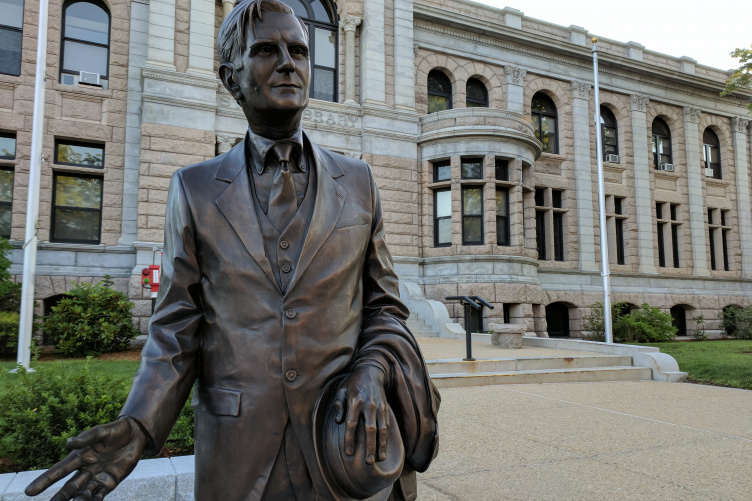Laos has had 22 cases of C19, 3 currently active, 0 deaths. Cambodia, Vietnam, Thailand, Nepal, Myanmar, are not quite so low, but very low. These are not South Korea or Taiwan, where we can point to cultural support for masks and distancing and good medical care and awareness. It is fair to note that there is little testing and there might be deaths out in the boonies that are just “Eh. Death. Who knows why?” that leave actual CoVid unreported, but these national numbers are ridiculously low. If there were a CoVid holocaust in these areas word would be leaking out. Even though no one, left or right, pays much attention to what is happening in these places, if there were some serious bump in the data, someone would be twisting it around to make some political hay out of it on NPR, The Nation, or some fringe right-wing sites. It is, of course, very cool to be walking around knowing stuff about some country that everyone has heard of but no one has been paying attention to, so some news would get out.
If you go to Worldometers.info and look at the lower reaches of the list you see patterns. You see islands, whether in Oceania, Indian Ocean, or the Caribbean, or essential islands like Gibraltar, Vatican City, Liechtenstein. Yes, they can keep others out, and are in fact used to keeping others out. There are also a lot of African countries, with similar poor medical care, low social cohesion for masks and distancing, but likely also poor reporting. Yet I will note again, not that poor reporting. When there are lots of deaths, word leaks out. The outside world may not believe those reports of death because they are uncomfortable, as the Gulag deaths, 6M Jews, or 25M Great Leap Forward deaths in China leaked out in the 20th C were ignored, but the reports were there.
